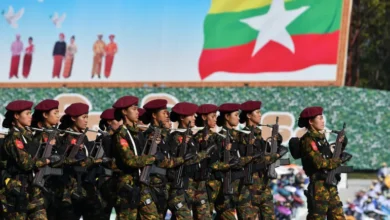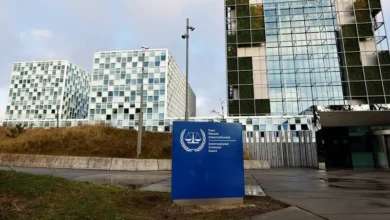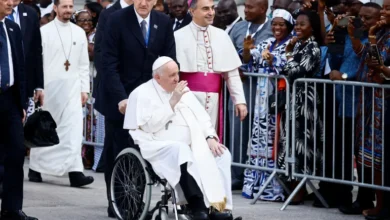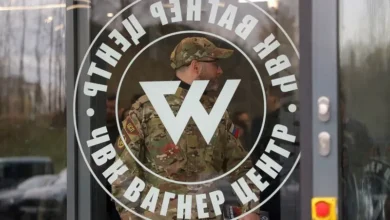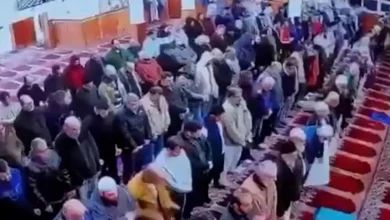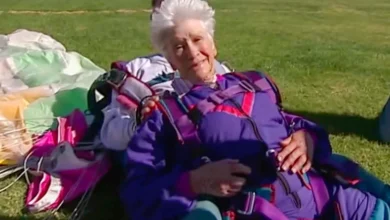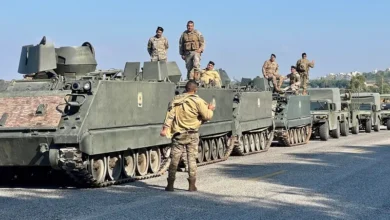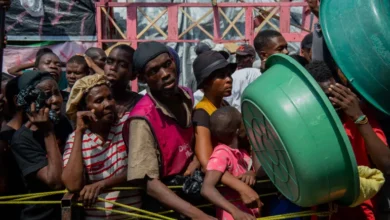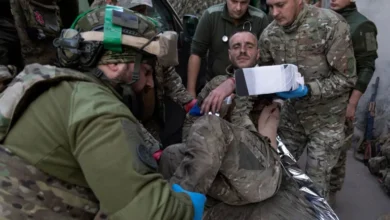‘They rape us before we can cross’: Women, girls fleeing violence in Mali
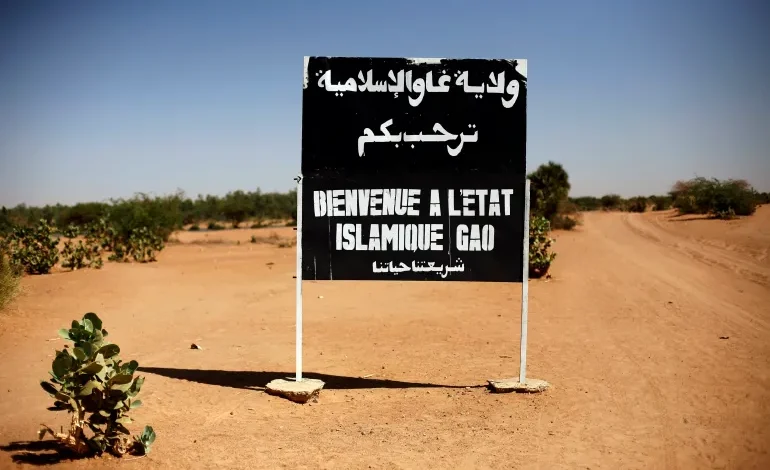
It was just a few minutes before 7 o’clock on a Friday evening in early June when Kani* and 10 others fleeing violence in northeastern Mali arrived at a checkpoint in Labbezanga, close to the border with Niger.
Six armed men, three of them wearing military fatigues, at the checkpoint stopped the men and women who had begun their journey from their village on foot the previous day.
“They [the gunmen] separated the men from the women,” Kani, 17, said. “Then three of them ordered all the four girls who made the journey to move into a small tent [the armed men had erected near the checkpoint].
“They took turns to rape us at gunpoint,” said Kani, who spoke to Al Jazeera from the home of a local legumes farmer in the Nigerien border town of Ayourou, a town on the border with Mali, where many Malian refugees have settled in recent years and where she has been living for the past several weeks since crossing into Niger.
Dressed in a brown headscarf and colourful dress, the teenager seemed frightened and depressed, her head bowed, as she spoke.
Since the ordeal, she said, she has become terrified whenever she sees a man with a gun.
“Policemen and soldiers scare me because they remind me of the people who raped me.”
The rape victims were all young girls who said they begged their attackers not to harm them because they were exhausted and hungry following the long journey they had made without food and enough water.
“Each time I remember what happened to me at the border, I become very afraid,” the teenager said. Like Kani, she has been living at the home of the legume farmer in Ayourou since arriving in Niger.
The pair had fled together from Ouattagouna in eastern Mali following a series of attacks on the town by armed groups from the so-called Islamic State in the Greater Sahara (ISGS).
Fleeing the violence, more than 10,000 Malians have taken refuge in Ayourou, an old town which stands on an eponymous island in the river Niger. Some live in tents built for refugees on dry and dusty land just outside the town, while others have found refuge with local families inside the town, where locals mostly do farming and sell foodstuffs and livestock in the market.
When Kani and Coumba first arrived in Ayourou, they spent a few days in the refugee settlement before going into the heart of town in search of work and meeting the legume farmer who offered them work on his farm and was happy to accommodate them.
But, despite settling in quickly in their new home, they now believe making the journey to Niger was a mistake.
“We didn’t know we were going to face another hell trying to leave Mali,” said Coumba. “If we knew anyone would attempt to rape us, we would have left Ouattagouna for another community in Mali.”
While the armed men, some of whom Kani and Coumba suspect were Malian soldiers because of the military camouflage shirts they were wearing, sexually abused the girls, the men they were travelling with were ordered to lie on their stomachs with their foreheads touching the ground.
“We could hear the women screaming and begging the [armed men] to let them go,” said 40-year-old Seydou Camara, one of the men who made the journey from Ouattagouna and now lives in the refugee settlement in Ayourou. “We couldn’t do anything because the men were armed and were going to shoot us if we dared try to rescue the women.”
The victims estimate that the abuse lasted for about an hour. Each of the three armed men that escorted the girls to the tent, they said, raped all four of them.
“They told us that the only way we could cross into Niger was if we had sex with them and that we could not say no to them,” said Coumba. “They only let everyone go after they had raped the girls and seized money from the men who had cash in their pockets.”
‘They raped almost every woman there’
It was the second time both Kani and Coumba, who lived in the same compound in Ouattagouna, had suffered sexual violence in their own country.
In March 2023, around the time that Human Rights Watch reported armed groups based in the north of Mali were carrying out widespread killings, rapes and lootings in villages in the northeast of the country, fighters stormed the street where the girls lived, burned down some houses, seized a number of men and sexually abused women, including the two teenagers.
“They [the fighters] came into our compound very late at night and raped almost every woman there,” Kani, whose father and only brother were abducted by the fighters that night and hasn’t heard from them since, said. “About 10 of us were raped at gunpoint by five men.”

